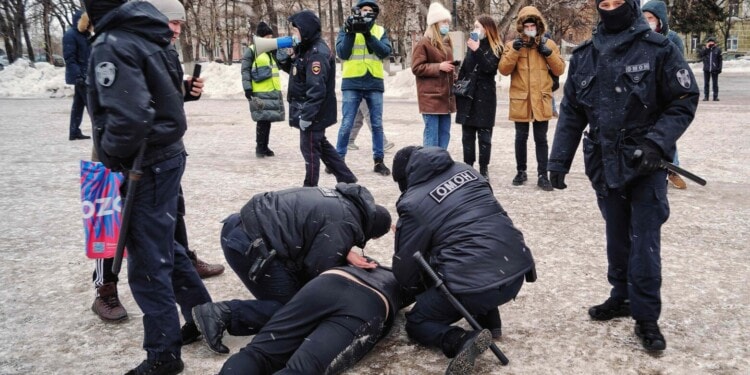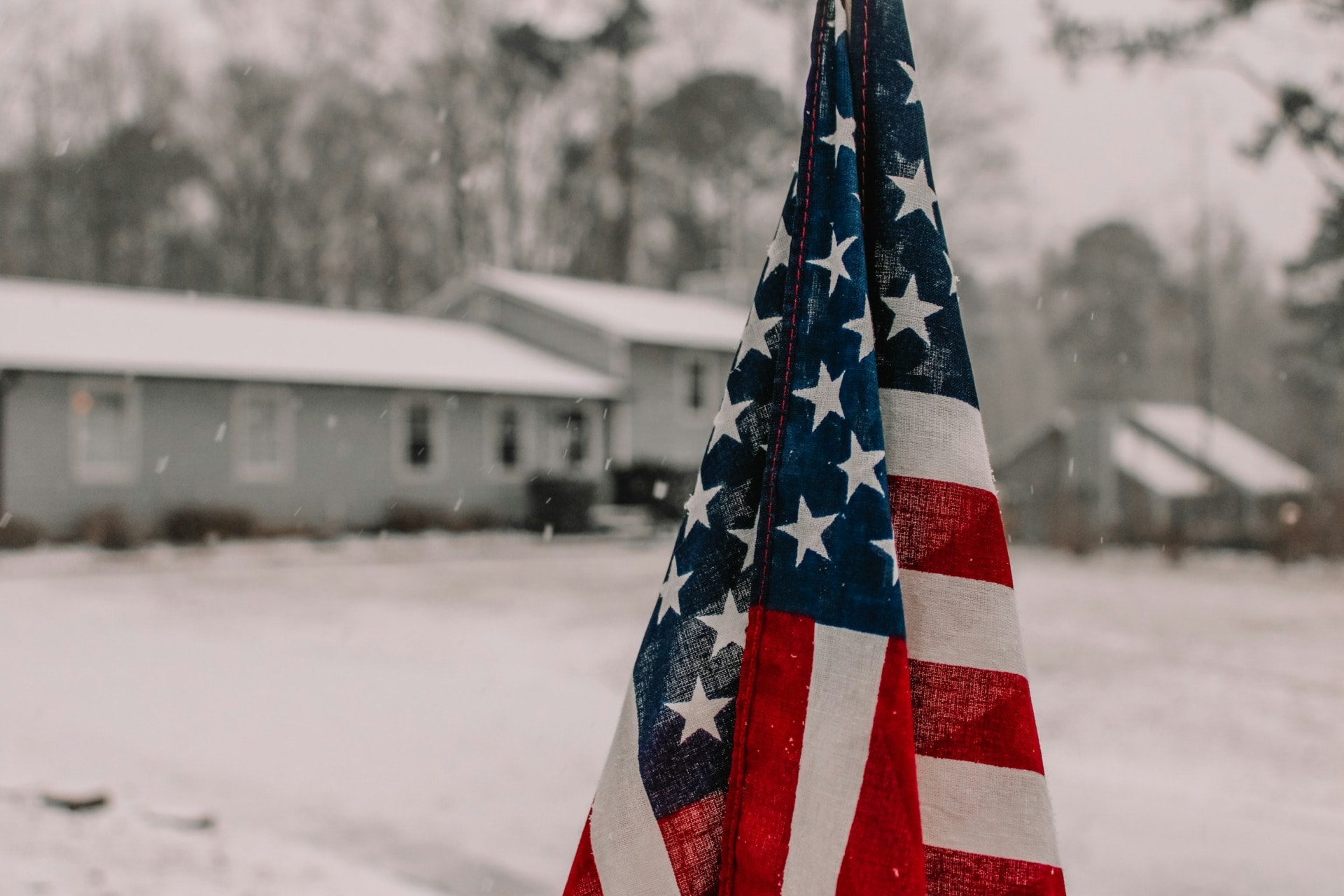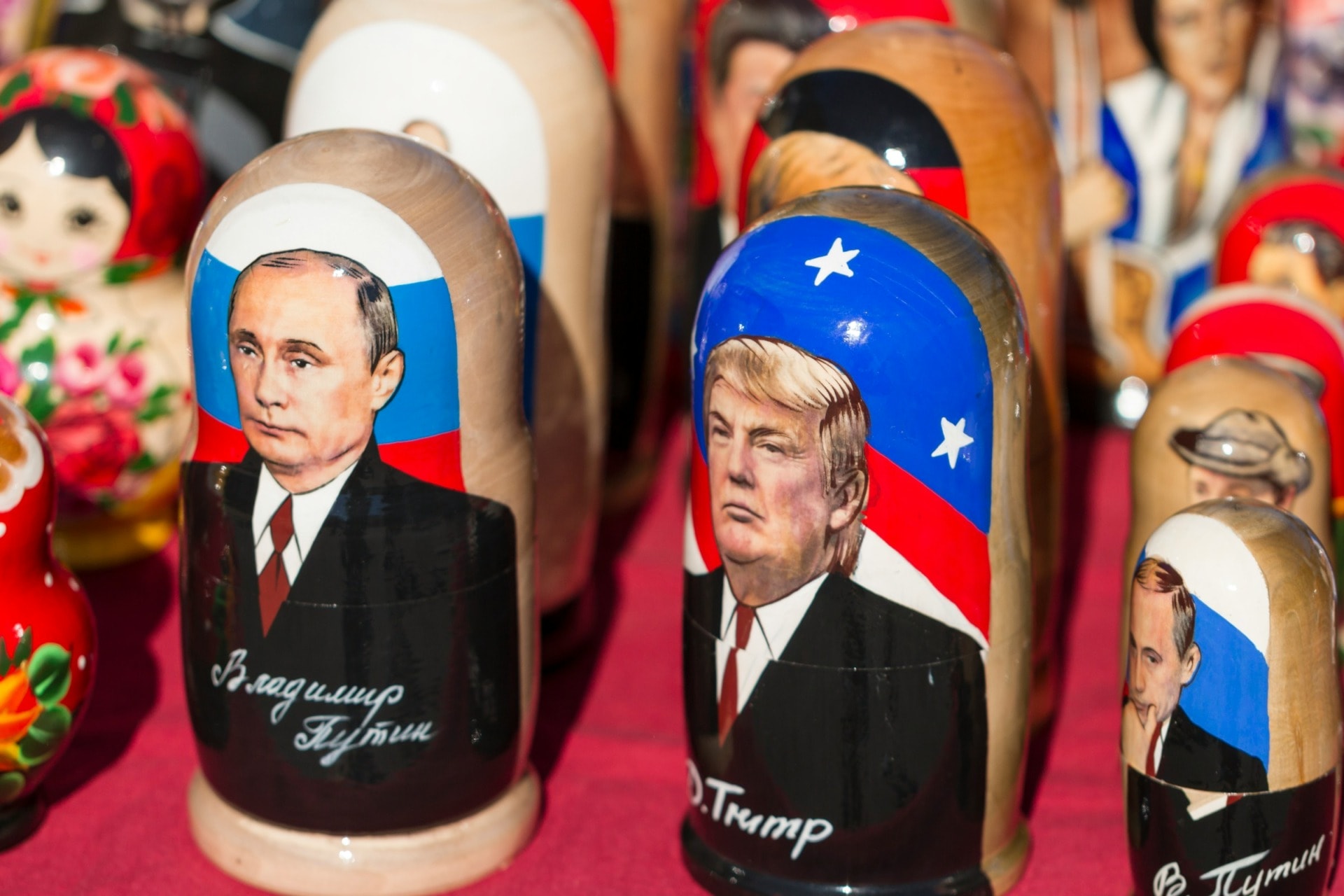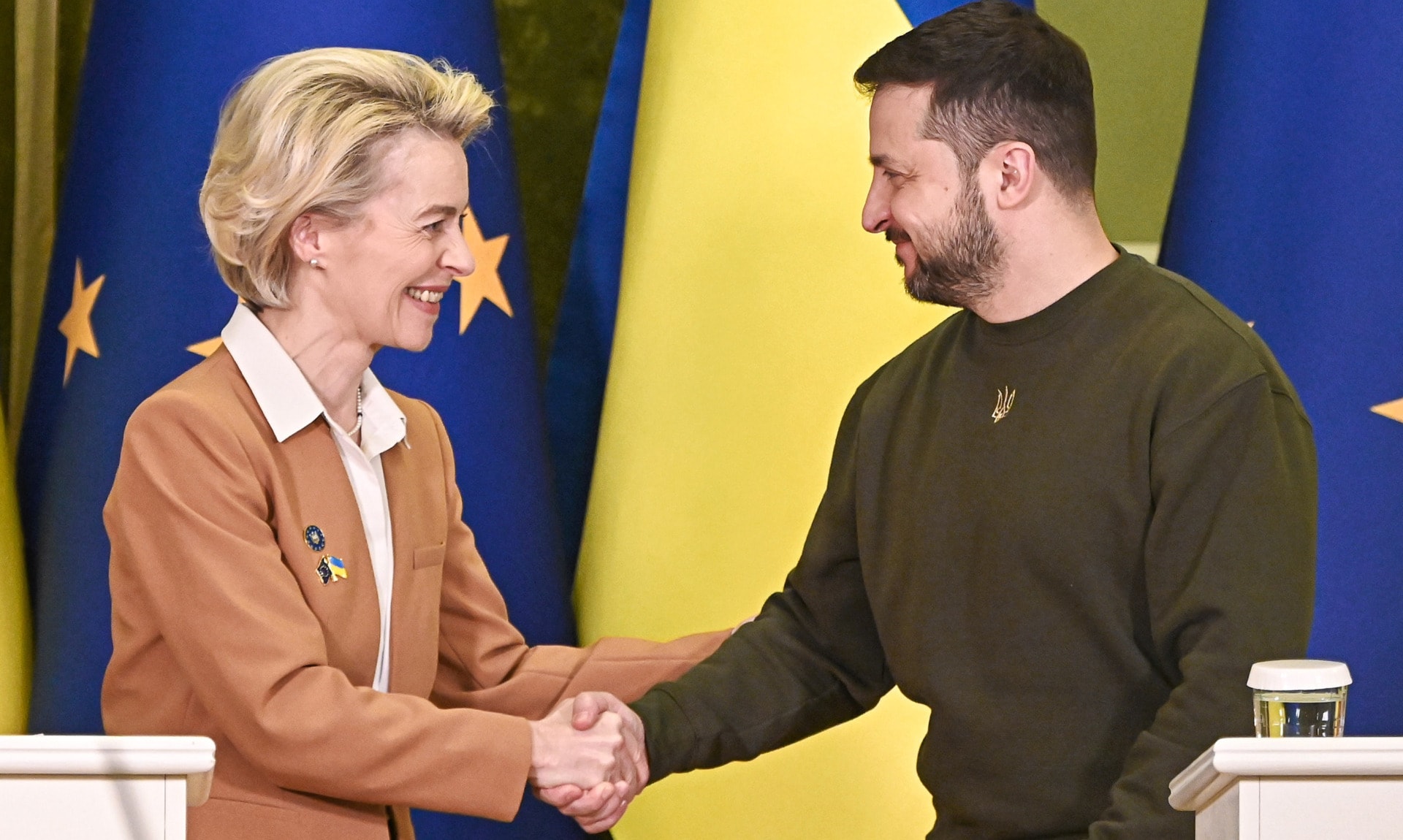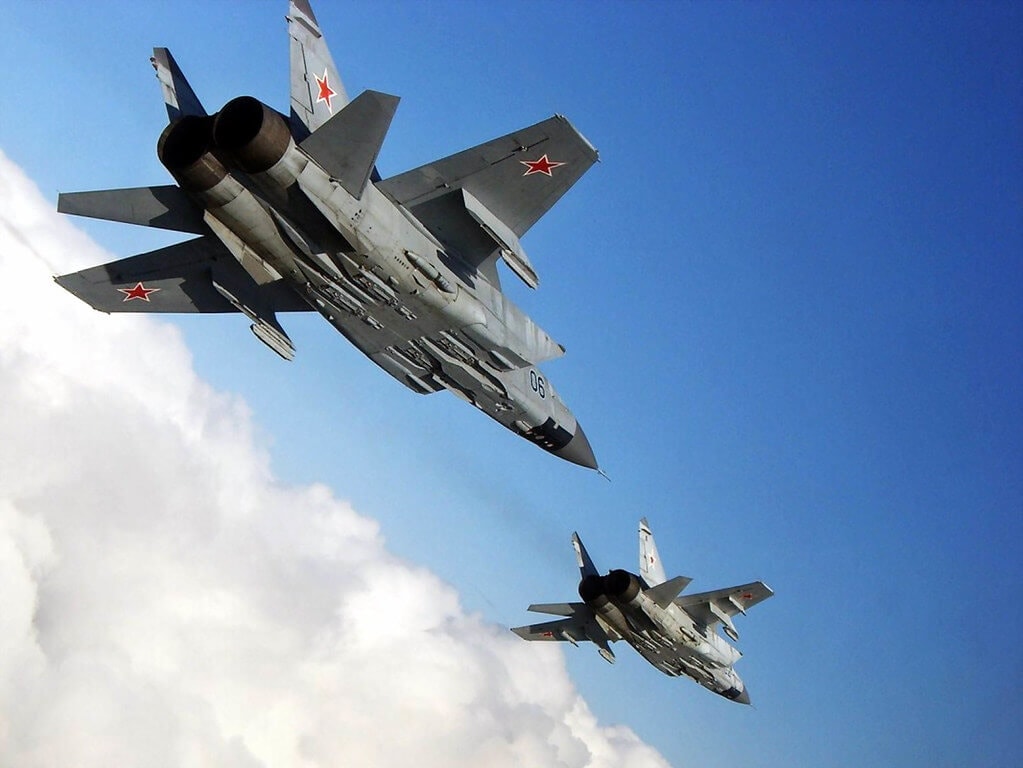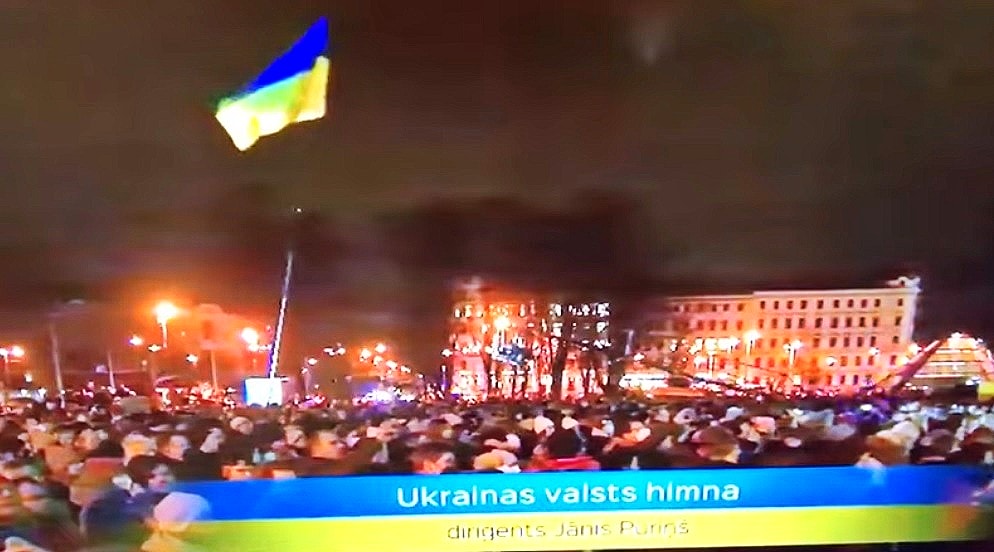Now in the third week since Putin ordered a full invasion of Ukraine, the independent monitoring group OVD-Info has reported that almost 15,000 protesters have been arrested in Russia in connection with anti-war actions. Of these, more than 170 people have been imprisoned. In one case, video footage has been released of a woman being dragged away by police for simply holding a blank sheet of paper:
https://twitter.com/KevinRothrock/status/1502761903046774786?ref_src=twsrc%5Etfw%7Ctwcamp%5Etweetembed%7Ctwterm%5E1502761903046774786%7Ctwgr%5E%7Ctwcon%5Es1_&ref_url=https%3A%2F%2Fwww.ladbible.com%2Fnews%2Frussian-protesters-arrested-for-holding-blank-signs-in-public-20220315
These arrests follow a law passed by the Kremlin on March 4, which criminalises protests against the war and independent war reporting, with those caught facing up to 15 years in prison. As well as reports of the brutality police officers are using against protesters, this law has made it hugely difficult and dangerous for individuals in Russia to protest against the invasion. Instead, acts of defiance within the state system may become a more viable option, such as in the demonstration of Marina Ovsyannikova.
The arrested Russian journalist was detained on Tuesday after running onto the set of the evening news with a poster that stated: “Stop the war. Don’t believe the propaganda. They’re lying to you here.”
https://twitter.com/brianklaas/status/1503446533244702721?s=20&t=DeHmOB0WJbYAugwCQXyeww
Ovysannikova’s protest was effective in drawing the attention of national leaders and thousands on social media, but a powerful investigative committee opened a case against Ovysannikova, and she faced 14 hours of questioning where she was unable to reach her family or any legal help. Consequences are thus still being implemented for such actions. However, as a surprise to some, Ovysannikova was released with a fine of £215, based not on her demonstration itself, but on her previous statement that she was “ashamed” of having worked at Channel One and spreading propaganda.
Others claimed a lack of surprise at this treatment, founded on Kremlin advisors fearing backlash over harsher treatment due to her two children. However, Pavel Chikov, head of the Agora Human Rights Group, stated that although the likelihood of tougher punishment has diminished following Tuesday’s hearings, “there are still risks that a criminal case will be opened against Ovsyannikova”.
Among the horrors being rained on the world by Putin and his army, the Kremlin is engaged in an onslaught on media freedoms, and efforts to suppress the truth of the brutal invasion are growing.
One of the most extraordinary videos I’ve ever seen. The first woman is holding up a sign that says ‘two words’. pic.twitter.com/6tP89LjYyP
— Jonathan Lis (@jonlis1) March 14, 2022
This crackdown on free speech is felt by a politicised and “tech savvy” younger generation in Russia, probably a large proportion of whom strongly disagree with the war and feel let down by their country.
With limited options to protest, and smartphones their ancestors did not have, young Russians initially turned to social media to show their support and protest.
The Kremlin then labelled Zuckerberg’s Meta group an “extremist organisation” after it relaxed its policies on hate speech to the Russian President and military, and blocked Facebook, Twitter, and most recently, Instagram. Wider internet networks also became more difficult to access from Russia with the withdrawal of important communication networks such as Cogent Communications and Lumen technologies.
Related Articles: A Brave Act of Dissent by a Russian Journalist | Ukraine War: How it started – First two days
In the days following the banning of these apps, searches for VPN (Virtual Private Network) services in Russia almost doubled, according to TOP10VPN in the UK. Hundreds of thousands of Russians are using VPNs, which connect your device to an encrypted remote server, to evade these bans and enable access to social media and external news. People have also moved conversations to Telegram, an encrypted messaging service to post online, which has become for many a “portal” to the outside world.
Young Russians may be too scared to protest about the war on social media, but on Telegram, they seem to recognise it for what it is: a destructive invasion.
In asking young people how they felt about the events, openDemocracy found confirmation of this view of the war such responses too. For example, 17-year-old Tamara, from Moscow, stated, “Don’t listen to our government – listen to us, the Russian people. We want to see our friends and relatives from Ukraine again. Most of all, we want peace”.
Thanks to VPNs, young people like Tamara can unite in their anguish and horror at the actions in Ukraine, but also share information and advice.
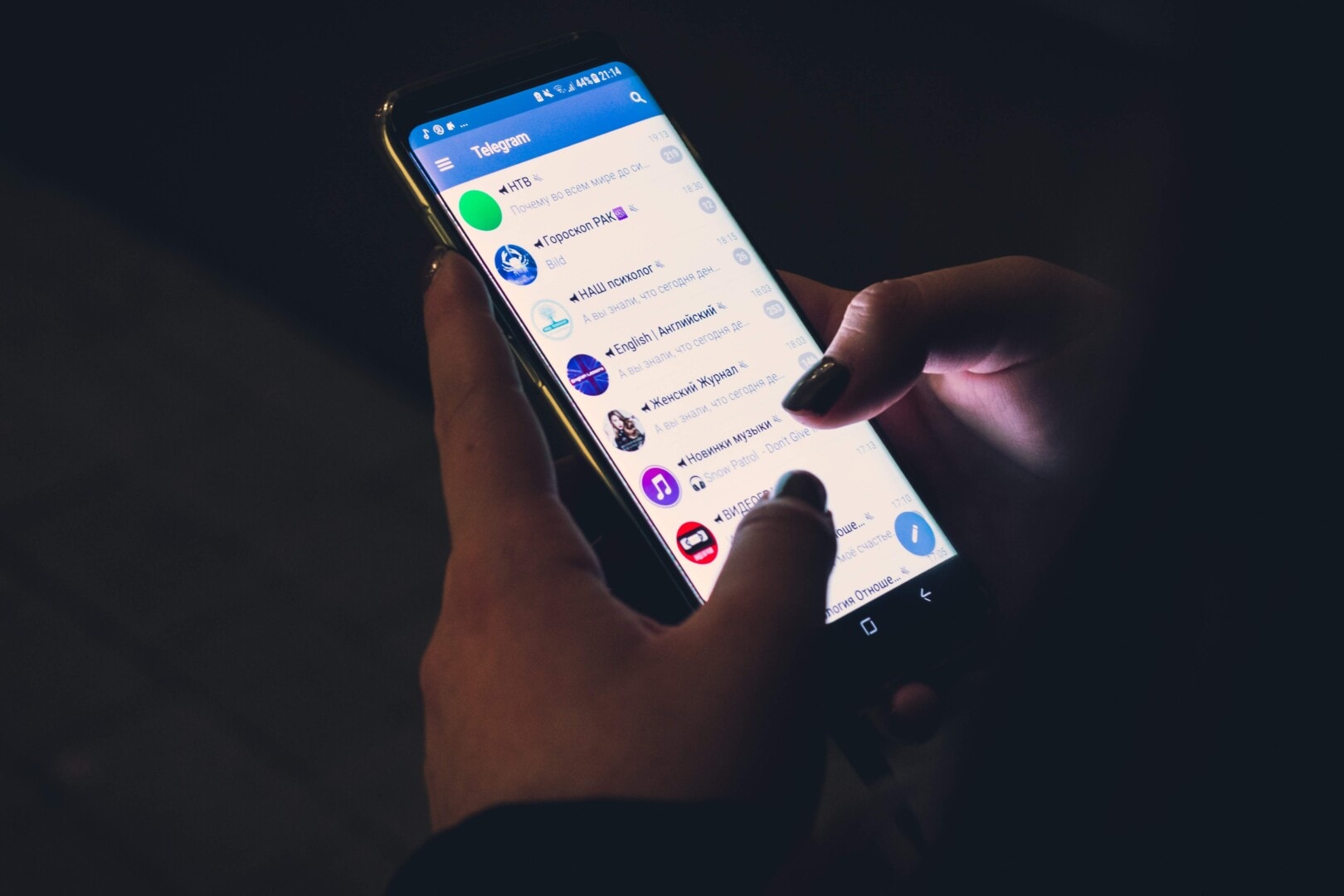
However, posts on Telegram also reveal stark differences in opinion. Pro-kremlin channels are also using the app to share images and videos of Russia’s military progress, and there many are sharing these in support. Also, older generations tend to get their news from state-controlled TV and so may not access differing opinions.
Nevertheless, the power of an enraged youth should not be underestimated. Perhaps Putin will begin to worry about his legacy when the implications of suppressed voices, extreme isolation and sanctions imposed on Russia will drive the younger generation to detestation that he cannot return from.
For now, Putin appears unmoved and determined to forge ahead. In a video message on Wednesday, he warned Russians against pro-West traitors and called on them to “self-cleanse,” a chilling reference to Stalin’s Soviet times when denouncing neighbors and even family members became the norm. Putin’s government has opened at least three criminal cases against people for spreading what it calls “fake news about the Russian army” on Instagram and other social media, the Investigative Committee law enforcement agency said yesterday.
Yet there is little doubt that the reports of the many who have been detained at protests since the invasion began could be a testimony to the strength of his opposition, but for now, security and peace negotiations continue.
Editor’s Note: The opinions expressed here by Impakter.com columnists are their own, not those of Impakter.com. — In the Featured Photo: Woman protesting in Russia gets stopped by police. Featured Photo Credit: Kirill Kruglikov.


